CBD oil for Fibroids
The most prevalent benign female tumor, uterine fibroids, impacts 25% of all women. Can CBD oil be used to treat fibroids? The majority of women don't experience any pain at all; nevertheless, for a sizeable minority, it's a different story. You can learn all about using CBD oil for fibroids and their discomfort in this blog post.
Estimated reading time: 11 minutes
- What are fibroids?
- Why do fibroids develop?
- How do fibroid tumors impact the body?
- Fibroid signs
- What is CBD?
- How to use CBD oil for fibroid treatment
- Effects of CBD oil use on potential negative effects of fibroid discomfort
- Benefits CBD use for fibroid pain alleviation
- How to control fibroid discomfort without medicine
- Conclusion
- FAQs
- How much CBD oil for fibroid pain should I take?
What are fibroids?

Non-cancerous tumors called fibroids spread from the womb into the tissues around them. When they are in the uterus, they are referred to as “leiomyomas,” and when they are in other sections of the pelvic region, they are referred to as “myomas.”
Fibroids develop gradually over time, however, some women observe that following childbirth or a miscarriage, their symptoms deteriorate rapidly. It's probable that the incident's abrupt change in hormone levels in this instance led to the development of a new fibroid.
Even though they go by that name, they aren't tumors in the traditional sense. Like malignant tumors, they cannot migrate across the body or penetrate or harm neighboring tissue.
Why do fibroids develop?
Although the exact etiology of fibroids is uncertain, doctors have identified a few potential contributors:
- Genetics: Some women have a higher genetic risk of developing fibroids. Women who have them in their families are more likely to get them themselves.
- Estrogen and progesterone: are two hormones that have an impact on fibroids. A woman's chance of getting fibroids may rise if her body generates or contains an excessive amount of certain hormones. Anorexia nervosa, estrogen-producing tumors, pregnancy, and specific medications like contraceptives or hormone replacement therapy are among the conditions that might result in this.
- Other drivers of growth: prolactin, a hormone generated by the pituitary gland that promotes the production of breast milk, and insulin-like growth factor (IGF-1), a hormone that stimulates cell growth and division, may contribute to the formation of uterine fibroids.
- Extracellular matrix (ECM): When the ECM, the substance that surrounds cells in the body, gets excessively thick, fibroids can also form. The ECM aids in regulating the division and growth of cells. It can raise the chance of developing uterine fibroids when it gets too thick.
Though there is still much to learn about the origin of uterine fibroids, researchers are making considerable headway. For women who suffer from this disorder, better diagnosis and treatment choices will be made possible with more knowledge about the contributing causes.
Up to 25% of women experience fibroids at some point throughout their reproductive years.
How do fibroid tumors impact the body?

It's critical to understand how fibroids might influence your body in order to determine whether medical attention is necessary.
In addition to causing discomfort during sex, fibroids can also cause pain in the lower abdomen and back. They may result in excessive monthly bleeding, which may result in anemia. In some instances, fibroids can prevent a fertilized egg from implanting properly or block the fallopian tubes, which can result in infertility. They might also make miscarriages more likely.
Although fibroids are not malignant, they do tend to enlarge or become more obvious as women age.
Fibroid signs
Fibroid tumor symptoms include:
- Heavy vaginal bleeding: Women with fibroids occasionally feel period discomfort and a heavy flow throughout their period. Anemia could result from significant bleeding that causes it.
- Pelvic discomfort: Many women with fibroids experience pressure or a feeling of fullness in the pelvis. Lower abdominal and pelvic pain, either chronic or intermittent, can also be brought on by fibroids.
- Pelvic pain: Because the fibroids are pressing on neighboring organs, some women feel pain during sex, when they urinate, or when they have a bowel movement.
- Bladder issues: Women with fibroids may have an increased or urgent need to urinate. Additionally, they could have a hard time entirely emptying their bladder.
- Lower back pain can occasionally be brought on by a fibroid's high size, which places pressure on the spine.
- Large fibroids can occasionally cause rectal bleeding, constipation, or trouble passing stool.
It's crucial to keep in mind that not all women with fibroids experience these symptoms and that even experiencing one or more of them does not necessarily indicate that you have fibroids. To get a diagnosis if you're dealing with any of these issues, make an appointment with your doctor.
What is CBD?
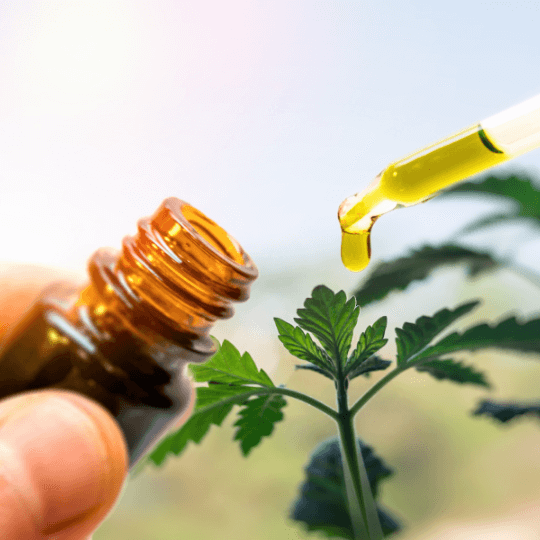
Cannabidiol is known as CBD. It is one of more than 120 cannabinoid-class chemicals or compounds, that can be discovered in cannabis. CBD, the second most prevalent cannabinoid, is what gives marijuana its medicinal effects.
The majority of CBD is derived from hemp plants, which are strong in CBD and low in THC.
Although both THC and CBD are cannabinoids, their impacts on the body are significantly different. THC is a psychoactive substance that gives marijuana users the “high.” CBD is not addictive and has no psychotropic side effects.
Chronic pain, anxiety, seizures, and many other medical disorders have all been proved to benefit from CBD treatment.
How CBD oil benefits fibroid patients
Natural treatment CBD oil is a versatile tool for easing the discomfort brought on by fibroids. The management of pain is one of them. Our brains' serotonin levels help to lessen how much pain we experience. This may be the reason why those who use cannabis oil to treat fibroid pain frequently report experiencing less pain and more relaxation. Additionally, CBD has been demonstrated to aid in reducing inflammation, which is frequently linked to fibroids. By attaching to COX-2 receptors, which, when out of balance, resulting in inflammation and other reactions linked to chronic illnesses, it accomplishes this.
CBD helps ease back and lower abdominal pain caused by fibroids.
Want to learn more about CBD for pain? Click here
How to use CBD oil for fibroid treatment
It is possible to utilize CBD oil topically, orally, or inhaled form to treat a variety of illnesses. You can use CBD oil for fibroids in the following ways:
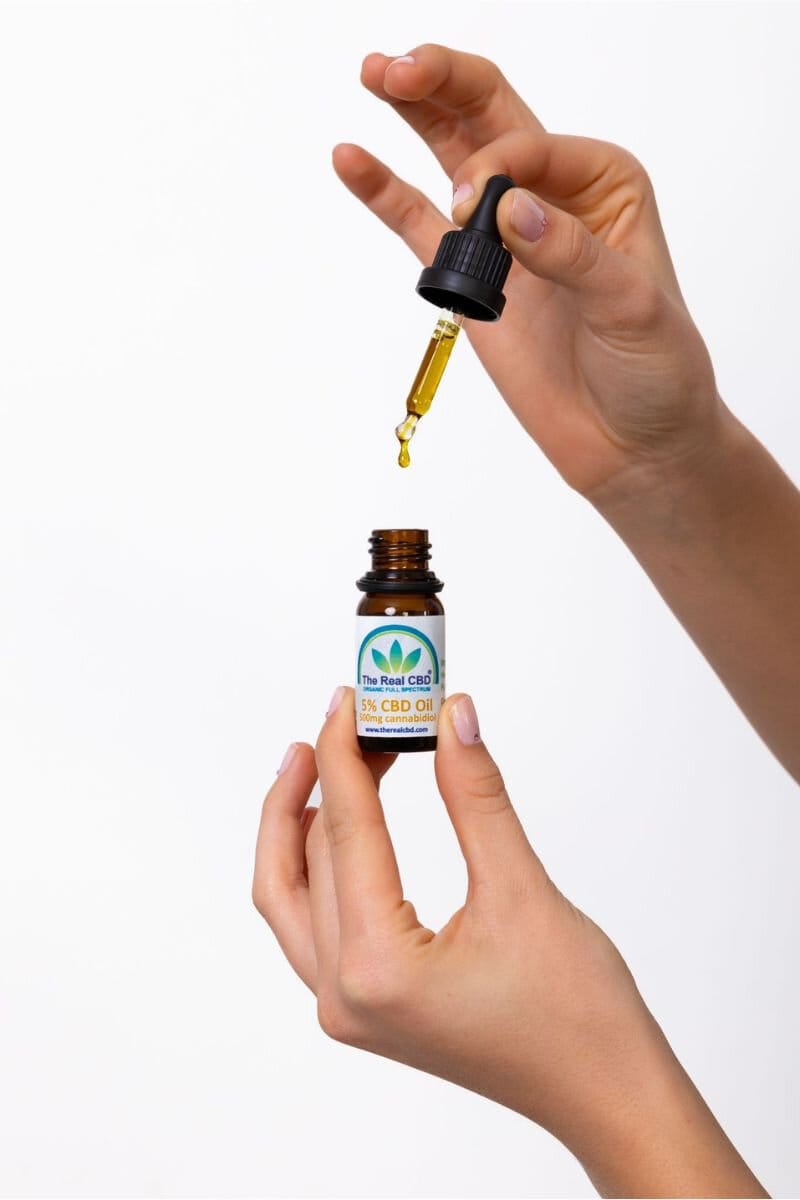
CBD suppositories:
If you don't mind a little mess, give CBD suppositories a try. They are made to precisely and completely provide your body with all of the therapeutic advantages of CBD oil. You'll experience quick relief that lasts for hours because they target the pain where it is. They're also wondering if you want to avoid taking medication or eating anything that could not agree with you because of a cold or allergies.
Use an external rub:
Try applying a topical CBD massage if you don't want to take anything orally or if you have localized pain. It will deliver regional relief after being absorbed through your skin. Either as a massage oil or a CBD Healing Balm.
CBD oil vape:
Vaping CBD oil is an excellent choice if you require immediate pain relief. It can help to lessen inflammation and soothe pain, and the benefits are virtually instantaneous.
Select a CBD oil:
CBD is dissolved in a carrier oil, typically hemp seed or coconut oil, and is available in various strengths as CBD oils (MCT). This is the finest technique for 24-hour relief because the benefits last 6 to 8 hours.
Consume CBD edibles
While edibles may take a bit longer to act than other approaches, they are a great choice if you want long-lasting comfort.
Speak with your Doctor:
Despite the fact that CBD oil is safe to consume, you should always see your doctor before starting any new drug or supplement. They should be able to advise you based on your symptoms and medical background as to what kind of CBD oil would offer the best relief. They can determine what's wrong and alter your dosage or treatment strategy if you have any unfavorable side effects after starting to use CBD.
How to talk to your doctor about CBD
Effects of CBD oil use on potential negative effects of fibroid discomfort
In general, using CBD oil to treat fibroid discomfort is a highly safe option. The most often reported side effects are listed below:
- Mouth dry
- Diarrhea
- Diminished appetite
- Drowsiness

Additionally, CBD oil may interact with other medicines you're taking. If you are on any other prescription or OTC drugs, be sure to consult your doctor before using CBD oil.
Benefits CBD use for fibroid pain alleviation
With no damage or negative effects, CBD oil treats areas afflicted by fibroids by reducing pain, reducing inflammation, and relaxing muscles.
Contrary to prescription medicines, which can be hazardous if used repeatedly, CBD is not addictive. For individuals trying to find relief from the pain and discomfort that accompany fibroids, it is a fantastic alternative. If you presently use opioids for pain treatment, it can also be a fantastic strategy to cut back on or completely eliminate them from your regimen.
Therefore, CBD might be the best choice for you if you're searching for a more natural way to assist ease your fibroid-related pain.
Why choose CBD-based natural therapies over prescription medication or surgery?
Natural cures are becoming increasingly popular as alternatives to drugs and surgery. This is due to the fact that there are fewer side effects and you won't likely need to schedule as many doctor's appointments.
The most obvious benefit of using CBD over prescription medications and surgery is that it provides the desired results without the risks. It has few negative effects and is not addictive, unlike some people's daily use of painkillers or anti-anxiety medications.
More about CBD
How to control fibroid discomfort without medicine
Try a hot water bottle and mild exercise like yoga in addition to utilizing CBD.
Here are a few natural alternatives to treat fibroid pain if you don't want to take any pills:
- To relieve the pain, try using a heating pad or hot water bottle.
- Use over-the-counter analgesics like acetaminophen or ibuprofen.
- Exercise frequently to help with symptom relief.
- To reduce pain, try relaxing exercises like yoga or meditation.
- Consult a doctor if the discomfort persists despite using these remedies.
Conclusion
There is some indication that CBD may be helpful for treating uterine fibroid discomfort, while additional research is required. It has been demonstrated to relieve inflammation, is safe, and lacks negative opioid side effects. In fact, it can assist people in weaning themselves off of opiate medicines.
Why not give CBD a try if you're struggling to manage your chronic pain without turning to addictive narcotics like oxycontin (or even worse, heroin)?
Get in touch with us if you or a loved one has tried CBD for fibroids; we'd love to hear from you and hear about your experience!
FAQs
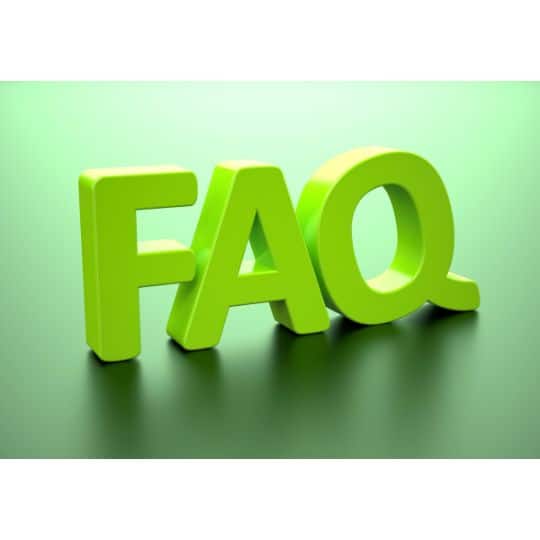
CBD may offer relief from some symptoms associated with fibroids, such as pain and inflammation. While CBD is not a cure for fibroids, its anti-inflammatory and pain-relieving properties can help manage discomfort.
CBD interacts with the body's endocannabinoid system (ECS), which plays a key role in regulating pain, inflammation, and overall homeostasis. This interaction can potentially reduce inflammation and pain associated with fibroids.
The optimal CBD dosage can vary widely among individuals. It's important to start with a low dose and gradually increase it until you find relief from your symptoms, consulting with a healthcare provider for personalized advice.
CBD is generally well-tolerated, but some people might experience side effects such as drowsiness, dry mouth, or changes in appetite. It's important to monitor your body's response and consult with a healthcare provider.
CBD should not be viewed as a replacement for traditional fibroid treatments. While it may help alleviate some symptoms, it's crucial to follow your healthcare provider's recommendations for fibroid management and treatment.
How much CBD oil for fibroid pain should I take?
Given that it differs greatly from person to person, it might be challenging to determine the precise quantity of CBD oil that you should take for fibroid pain. The daily dose ranges from 2.5 mg to 300 mg.
Your body weight, the level of your discomfort, and your overall physiology will all affect the appropriate dosage. The best course of action is to begin cautiously, with just a few drops per day.
Be patient; the effects may not be felt for a week or two. Continue on and give it time to bear fruit. It is kinder on your system than opioids, so it operates more slowly.
-
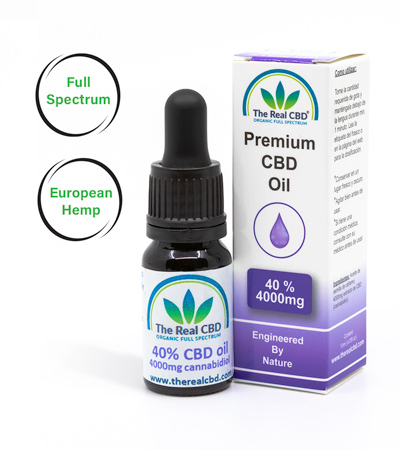 40% Raw CBD Oil€189.00
40% Raw CBD Oil€189.00 -
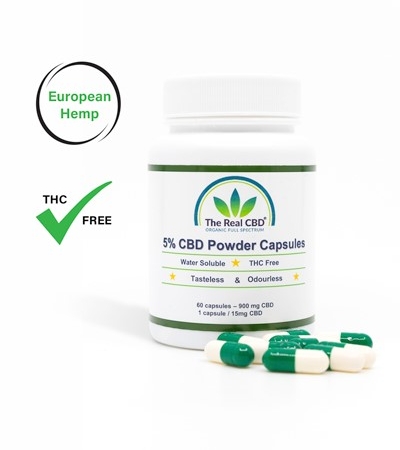 CBD Capsules – Water Soluble 5%€59.00
CBD Capsules – Water Soluble 5%€59.00 -
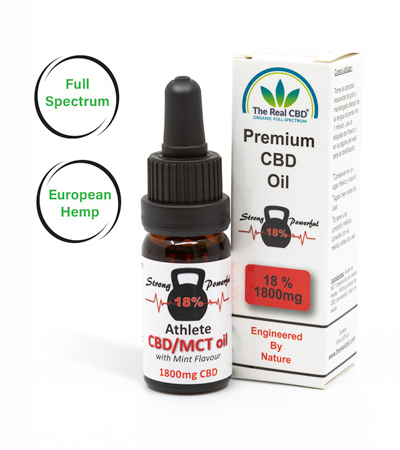 Athlete MCT/CBD oil 18%€90.00
Athlete MCT/CBD oil 18%€90.00 -
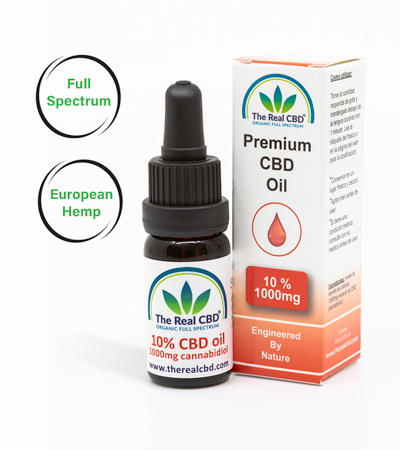 10% CBD oil€55.00
10% CBD oil€55.00 -
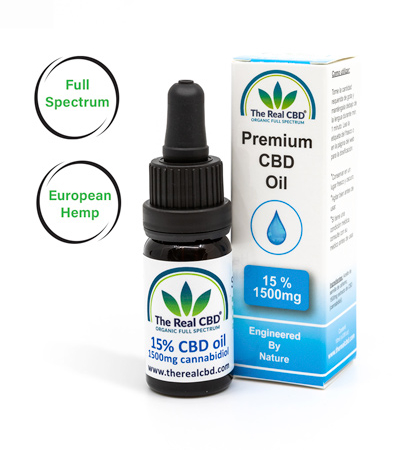 15% Pure CBD oil€80.00 – €85.00
15% Pure CBD oil€80.00 – €85.00

I am a certified expert in Medicinal Cannabis. We are all about giving correct and trustworthy information. We know how important it is to learn about CBD and cannabis, which is why we want to be your go-to source for trustworthy information. We help you improve your health by using our knowledge and experience as a starting point.

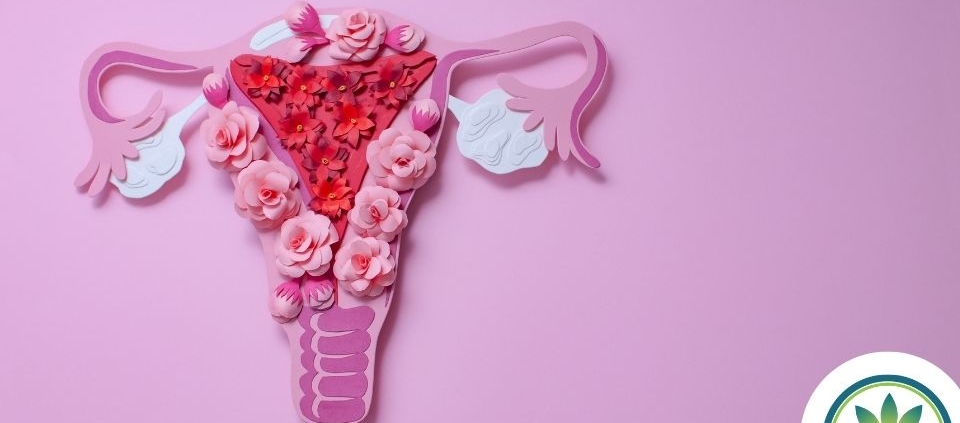

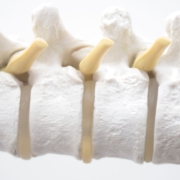

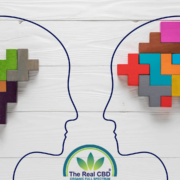

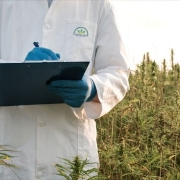






Leave a Reply
Want to join the discussion?Feel free to contribute!